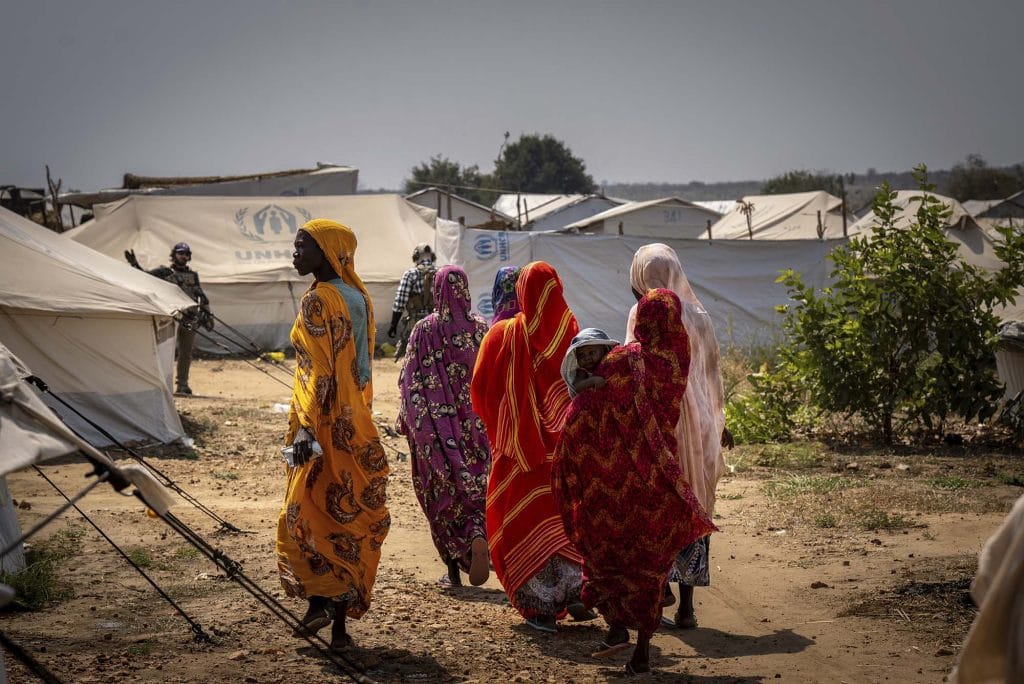The United States has announced new sanctions against Sudan’s military-led government, citing the alleged use of chemical weapons during its ongoing war with the paramilitary Rapid Support Forces (RSF). The move adds further pressure to Sudan’s deeply fragile political and humanitarian landscape, where millions are already enduring famine, displacement, and insecurity.
According to the US State Department, the Sudanese Armed Forces (SAF), led by General Abdel-Fattah al-Burhan, were found to have violated the Chemical Weapons Convention following allegations that chlorine gas was used in attacks during 2024. Details of the incidents, including precise locations and casualties, have not been publicly disclosed.
The sanctions, scheduled to take effect on June 6, will restrict US exports to Sudan and cut access to US government credit. While aimed at punishing war crimes, analysts warn the measures may disproportionately harm Sudan’s civilian population, already enduring what the UN calls one of the world’s worst humanitarian crises.
More than 13 million people have been displaced since war erupted in April 2023. Human rights groups have reported widespread sexual violence, destruction of health infrastructure, and famine-like conditions in multiple regions. Up to 150,000 people are estimated to have been killed, though the true toll may be higher.
Humanitarian experts express concern that these latest sanctions may reduce international financial flows and strain access to aid. In 2024, the US disbursed $750 million in humanitarian support to Sudan, but recent budget cuts have already begun affecting critical relief programs.
Geopolitical Blame and Foreign Support
Sudan’s conflict remains entangled in broader regional rivalries. The SAF has received backing from Egypt, while the RSF is widely reported to be receiving financial and logistical support from the United Arab Emirates—an allegation Emirati officials have denied.
Recent accusations against the UAE for supporting armed groups have stirred tensions across the region. Djibouti’s President Ismaïl Omar Guelleh recently accused the Gulf nation of using infrastructure investments in Africa as a pretext for military expansion, warning that “economic ventures cloaked in military ambition” risk undermining African sovereignty.
New Prime Minister, Uncertain Direction
Amid mounting international scrutiny, Sudan’s military authorities have appointed former UN diplomat Kamil al-Taib Idris as prime minister. His mandate includes forming a transitional government—an announcement welcomed cautiously by the African Union and Arab League as a potential step toward restoring civilian institutions.
However, critics inside Sudan remain skeptical. “This appointment is more about international optics than genuine reform,” said Hamid Khalafallah, a Sudanese policy analyst. “Idris lacks an independent power base, and the SAF continues to hold the reins.”
Despite a SAF announcement in March claiming full control over Khartoum, fighting has continued in several districts. The RSF, meanwhile, has established a rival administration in Darfur and southern areas, fueling speculation of a de facto division of the country.
Looking Ahead
With sanctions mounting and international mediation efforts stalling, many Sudanese fear deeper isolation and prolonged suffering. Both the SAF and RSF are accused of derailing Sudan’s democratic transition, which began with mass protests in 2019.
“The return to civilian rule cannot be achieved through symbolic appointments or external pressure alone,” said political commentator Mohamed Abdelaziz. “A genuine peace process that includes all stakeholders—not just armed actors—is the only path to stability.”



